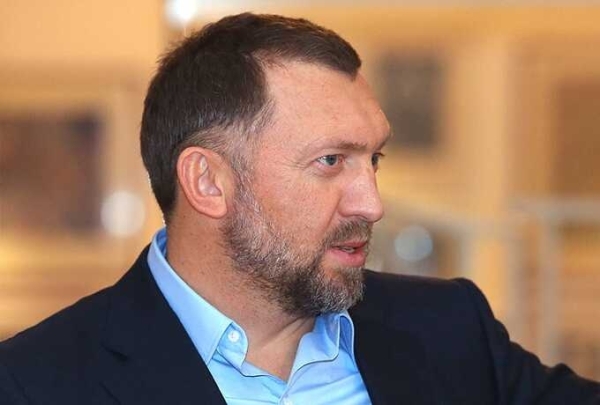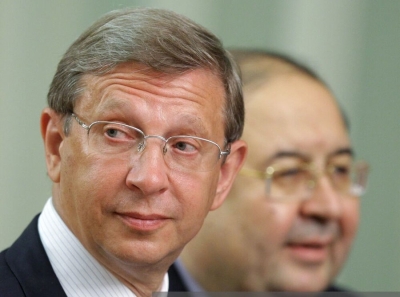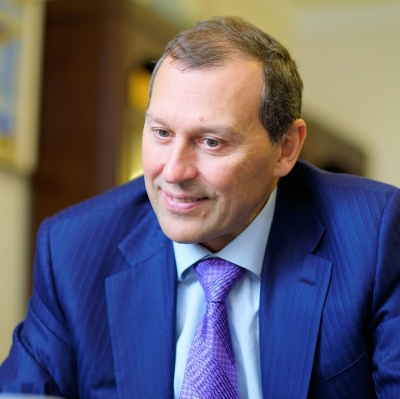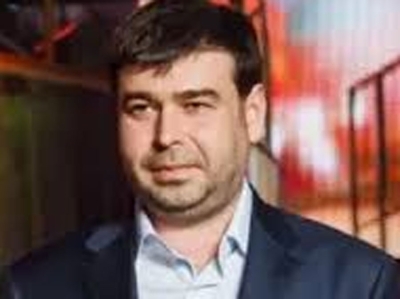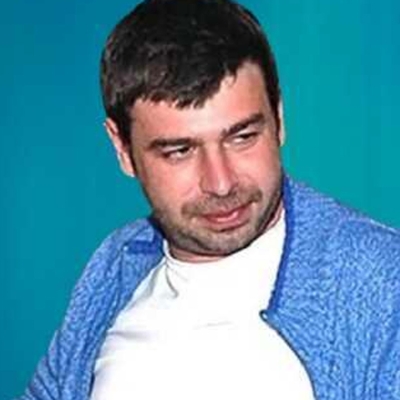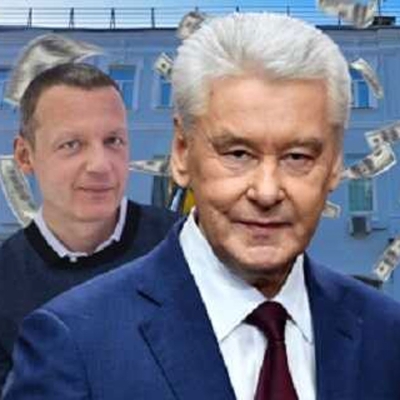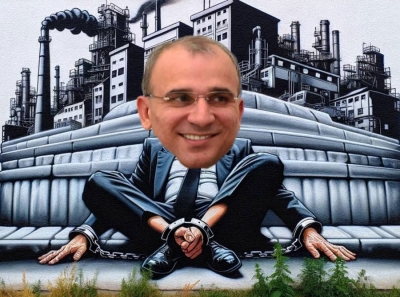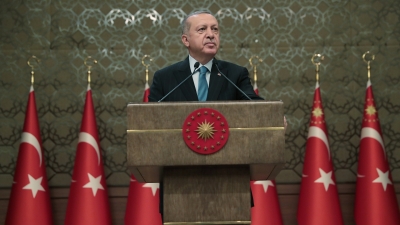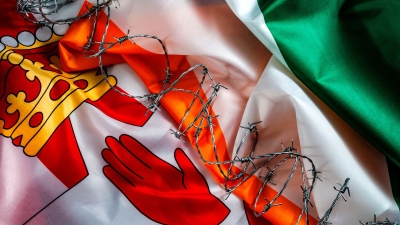The billionaire’s former business partner Vladimir Chernukhin once again tried to send him there.
The Court of Appeal of England and Wales refused to send billionaire Oleg Deripaska into custody: this was demanded in his appeal by his former business partner Vladimir Chernukhin, who at different times served as Deputy Minister of Finance of Russia and Chairman of VEB. Vedomosti reviewed the court decision made on March 20. A year ago, Chernukhin was rejected by the first instance of the High Court.
Chernukhin’s claims against Deripaska stem from a long-term dispute in English courts over the ownership of the Trekhgornaya manufactory in the Presnensky district of Moscow. Since 2002, this enterprise has belonged to Deripaska’s Basel company through the Cypriot Navio Holdings. But in 2017, Chernukhin accused Deripaska of “armed seizure” of their joint venture, stated that he had been an equal owner of Navio from the very beginning, and filed a claim with the London Court of International Arbitration (LCIA). He recognized the ex-official’s arguments as justified and ordered Deripaska to pay Chernukhin compensation in the amount of almost $100 million. Two appellate instances also sided with him.
In 2019, Chernukhin appealed to the High Court of London with a request to arrest Deripaska for the reason that the billionaire showed contempt of court: he allegedly violated the obligation to the LCIA not to carry out any actions with the securities of his company En+, transferred to the court as collateral debt. The fact is that in 2019 En+ moved from offshore to the island. Jersey on the island Oktyabrsky, En+ shares were canceled, and in return their owners automatically received shares of the Russian company.
Deripaska’s lawyers wanted to replace the papers as part of the obligation given to Chernukhin in court, but the former official refused, it follows from the case materials. The former business partners were unable to reach an agreement on their own, and in the summer of 2019 the court ordered Deripaska to provide the court with security in cash. But this was no longer necessary when, in September of the same year, Deripaska paid Chernukhin the amounts due under the London arbitration awards.
Deripaska’s defense insisted that the violation was technical, and Chernukhin’s attempt to put the billionaire in prison was caused by personal hostility, was revenge and an abuse of law.
The High Court rejected Chernukhin at the first hearing of the case in April 2023, deciding that the ex-official’s lawyers were unable to prove their charges from the point of view of criminal law. On 20 March 2024, the High Court of Appeal reached a similar conclusion. The English courts decided that Deripaska’s position on the issue of En+’s move to Russia may not have been decisive, since redomiciliation depended on many factors, including the will of the Jersey regulator. The court also noted that Chernukhin filed an application to prosecute Deripaska for contempt of court more than a month after he received the money owed to him.
Stephen Mayles
Judge of the High Court of England and Wales
“This is the latest round of a bitter war between two adversaries who were once business partners but now clearly hate each other, and each have seemingly unlimited means with which to harass the other.”
A representative for Deripaska declined to comment. A representative of the law firm Quinn Emanuel Urquhart & Sullivan, which represents Chernukhin’s interests, did the same.
In accordance with English law, contempt of court can lead to punishment up to imprisonment for up to two years, but for Deripaska, who does not live in Britain, such an outcome would be unlikely, argues Denis Primakov, head of sanctions law and compliance at the law firm KIAP. However, Deripaska would probably prefer to avoid a decision on contempt of court, since this would greatly worsen his reputation before English and other judicial institutions if the billionaire has any other proceedings outside of Russia, adds Dmitry Chernenko, partner at the A1 law office .
Chernukhin’s demand to imprison Deripaska looks like an abuse of rights, Primakov believes, since the billionaire’s lawyers offered to replace the shares as collateral, but the former official refused. Chernenko agrees that the former official’s demand is unfounded and is most likely driven not by an attempt to achieve justice, but by emotions. Often, parties file a statement of contempt of court in an attempt to gain a bargaining chip in further negotiations with an opponent, but often they do not understand that England has a very high criminal standard of proof, and the local court is only interested in ensuring that its orders are carried out, Chernenko concluded. In addition, to avoid imprisonment, the person accused of contempt can apologize to the court and execute the order for violation of which he was punished, adds Denis Krauyalis, adviser in the dispute resolution practice of the law firm Tomashevskaya and Partners.

